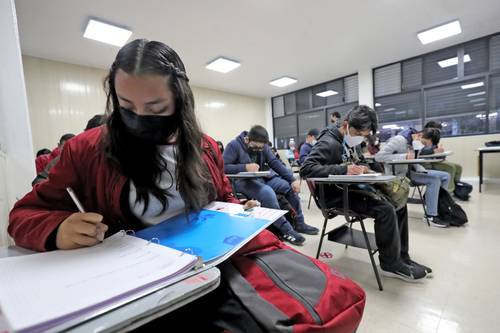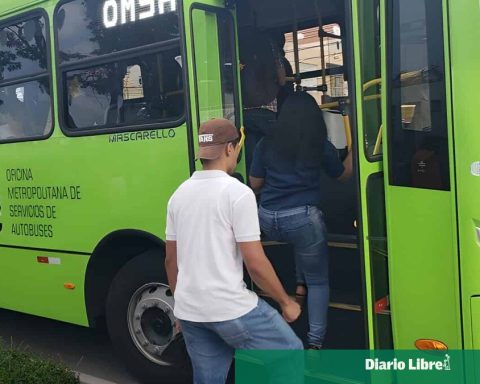In recent years, the adoption of mobility applications has grown, which with the pandemic began to gain strength as a service for parcel delivery. Although this helped many entrepreneurs who found an alternative to make their deliveries quickly and easily, different frauds have also been reported, and in addition, most mobility services are not responsible for the items sent. In this context, ESET, a leading company in proactive threat detection, shares some recommendations to minimize the risks of deception.
Different types of deception related to sending packages through mobility apps have been reported. Below, ESET shares some examples of cases surveyed:
· Social engineering scams: Cases where the customer is not informed about the courier service that will deliver the package and the driver deceives them by saying that their trip was “an agency” and that due to how they entered the address they were wasted a lot of time and that therefore, he should be compensated for that lost time by paying him more. In some cases, threatening not to deliver the package if an amount greater than the agreed amount was not delivered.
· Scam for loss or theft of article: On twitter different users published cases in which they were scammed. Among them, one mentioned that a driver replaced the contents of the package with a heavy item so that the recipient would not suspect the theft.
· Fake driver profile scams: Several cases of mobility app drivers using fake profiles to steal from customers/users were reported in some countries.
“The reality is that most of those who use these services to send parcels have had good experiences, but it is important to know the risks to better evaluate the decision knowing that there is no insurance against loss of content. When using a mobility service, you have control of factors such as GPS, driver ID, car license plate, among others. But when they start to be used as a delivery or parcel service, it is important to ask yourself: Could it happen that the package never arrives? What happens if the item suffers an incident? Is there a way to follow the path of the package from the side? of client? Having these answers, we will be better prepared to evaluate if the application in question is the best option and what the risks are”, comments Sol Gonzalez, Computer Security Researcher at ESET Latin America.
Some applications have an ID so that both the buyer and the person sending the order can see in real time where the driver is and verify that the package is on its way. Most of the information clarifies that they do not have insurance for the items that are not sent and that they are not responsible for the loss of the items or that it derives directly from the driver.
In addition to knowing the options offered by the application, the importance of checking information such as the reputation of the drivers is highlighted.
From ESET they share the following to avoid this type of scam:
· Clarify to the client by which means the shipment will be made; that is, what parcel service.
· When the item is delivered to the driver, immediately share the tracking with the customer.
· In the case of being a client, review the article immediately upon receipt in order to make a claim, since these applications do not have insurance.
· In the case of suffering from a scam, proceed with the driver’s complaint through the application.
· Download apps from official stores, as it is possible to find other options that promise to be the legitimate apps and then turn out to be fake and perform some malicious action on the user’s device.











